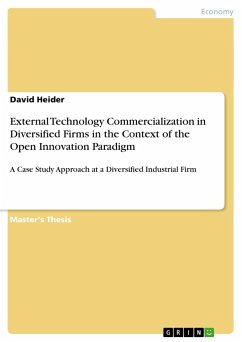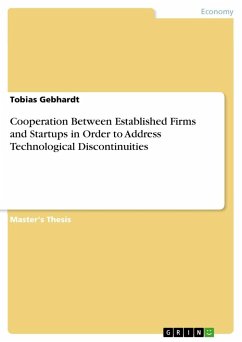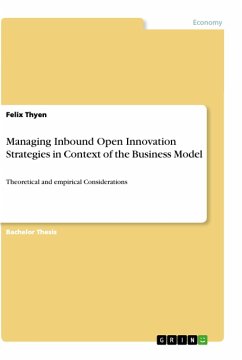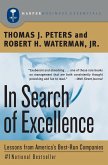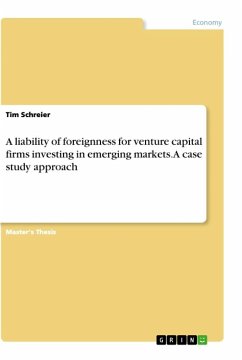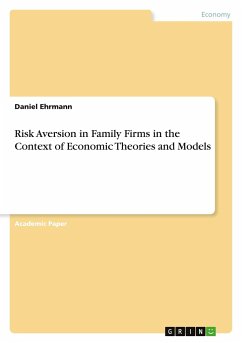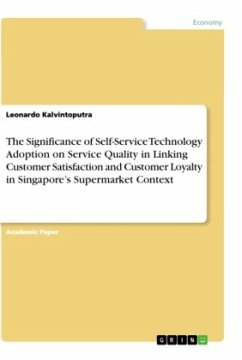Master's Thesis from the year 2011 in the subject Business economics - Business Management, Corporate Governance, grade: 1,0, Maastricht University, course: Strategy and Innovation, language: English, abstract: Changes in the competitive environment, globalization and the fast technologicalinnovation rate of today have called for a shift in the corporate mindset of industrialfirms. The traditional closed model of research and development (R&D) inside thefirms' boundaries, which optimally ends with a regular commercialization of theinvented product, has increasingly been challenged (Chesbrough, 2003). Theemerged concept of the open innovation paradigm comprises corporate activities ofeither acquiring external knowledge or exploiting internal knowledge besides thetraditional ways of product commercialization. The latter refers to knowledge exploitationor more specifically to external technology commercialization (ETC)(Lichtenthaler & Ernst, 2007) and represents the core field of this study.The increased interest in ETC across industries is a trend stemming from industrialand managerial practice rather than from theory (Lichtenthaler, 2010a). However,more and more contributions put their focus on the concept of external knowledgeexploitation and its implications (e.g. Fosfuri, 2006; Gassmann & Enkel, 2004;Lichtenthaler, 2005, 2010b). Most of these studies either generally discuss the ETCparticularities or specifically examine licensing strategies as means of ETC and theircorporate impact. It has been argued that besides the purely financial aspects firmshave different motives for engaging in knowledge exploitation activities, such as theaccess to another company's technology portfolio (Rivette & Kline, 1999), the identificationof intellectual property infringements (Koruna, 2004) or the increase inspeed of the R&D activities by realized learning effects (Lichtenthaler & Ernst,2007). This case study concentrates on a firm's surroundings which affect the strategicETC decision from two dimensions. First, extrinsic factors which lay beyondmanagerial reach, such as the industry in which the organization operates. Second,intrinsic, strategic factors like the management of R&D activities as well as the steeringof a dedicated ETC unit are investigated.By scrutinizing contemporary theory on open innovation, external technology commercializationand firm characteristics, a conceptual framework will be createdwhich will be later challenged against the findings of a case study analysis in a largediversified conglomerate.
Hinweis: Dieser Artikel kann nur an eine deutsche Lieferadresse ausgeliefert werden.
Hinweis: Dieser Artikel kann nur an eine deutsche Lieferadresse ausgeliefert werden.

